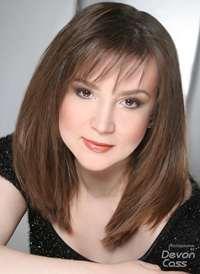In Puccini's opera, Princess Turandot has sworn never to marry any man unless he can correctly answer her three riddles. Captivated by her beauty, the unknown Prince Calàf takes up the challenge, well aware that the untouchable ice princess has issued an ultimatum: anyone who tries and fails must die.
Giacomo Puccini created a rich, beautiful soundtrack for this darkly erotic tale, setting it in classical Beijing and weaving simple Chinese folk tunes into the orchestra's huge sound.
The opera includes famous arias such as "Signore, ascolta", sung by the servant Liù as she tries to stop Prince Calàf from throwing himself away in Turandot's perilous challenge, and the Prince's beautiful "Nessun dorma", as he looks forward to winning the princess's hand.
A modern tale
In director Andreas Homoki's production, we do not encounter a classical, folkloric China, but instead a stripped down, chilly setting. By showing the power and seduction of modern television images, advertising aesthetics and showbiz, the story of Turandot becomes one for our time. Today it is screens that bring myths to life, functioning as storytellers and replacing our reality. In our media reality, anyone can be a superstar or a millionaire. But as Andreas Homoki points out, these modern tales rarely have a happy ending.
An open question
The penultimate scene in Turandot was the last Puccini wrote before travelling to a clinic in Brussels, where he died after a cancer operation in 1924. The opera was completed two years later by Franco Alfano. During the premiere at La Scala Milan in 1926, conductor Arturo Toscanini laid down his baton in the middle of the third act, turning to the public to say: "At this point, the maestro died." This is after Liù has sung "Tu che di gel sei cinta" ("You who are begirdled by ice") to Turandot. Immediately afterward, Liù kills herself.
We are performing the incomplete version of Turandot, which ends with the death of Liù – and of Puccini. When we do not know whether the prince and princess end up together, the story ends as an unanswered question.
Cast and Creative team for Turandot at Den Norske Opera & Ballett
Videos

|
Licence To Sing - En hyllest til James Bond
Grieghallen, Griegsalen (4/12 - 4/12) | |
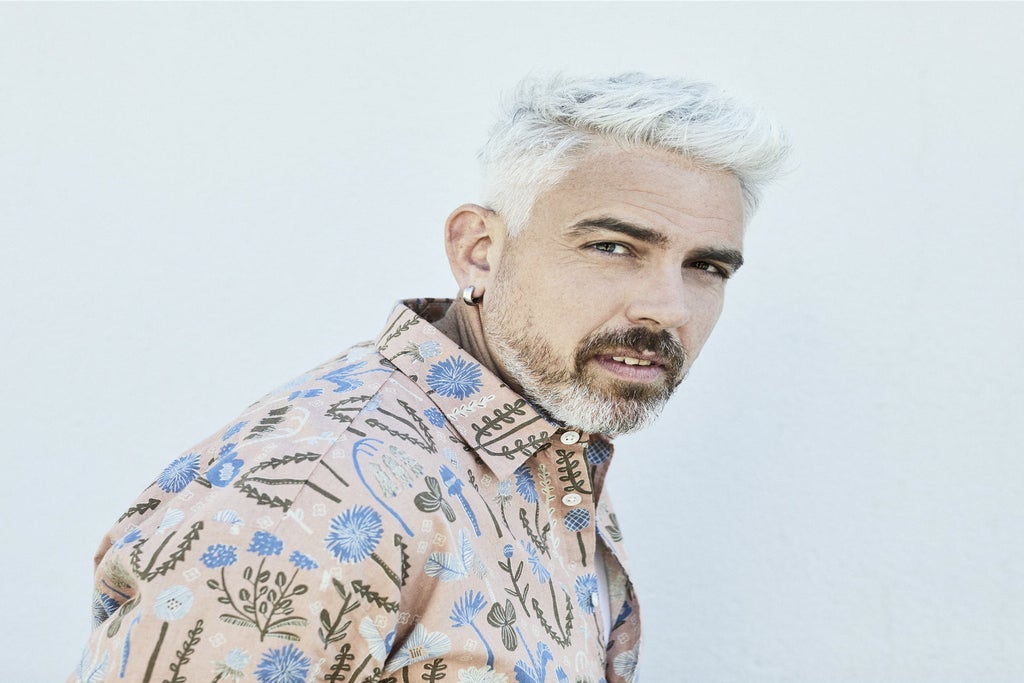
|
Trygve Skaug #alltidpåtour
Ullensaker Kulturhus (3/21 - 3/21) | |
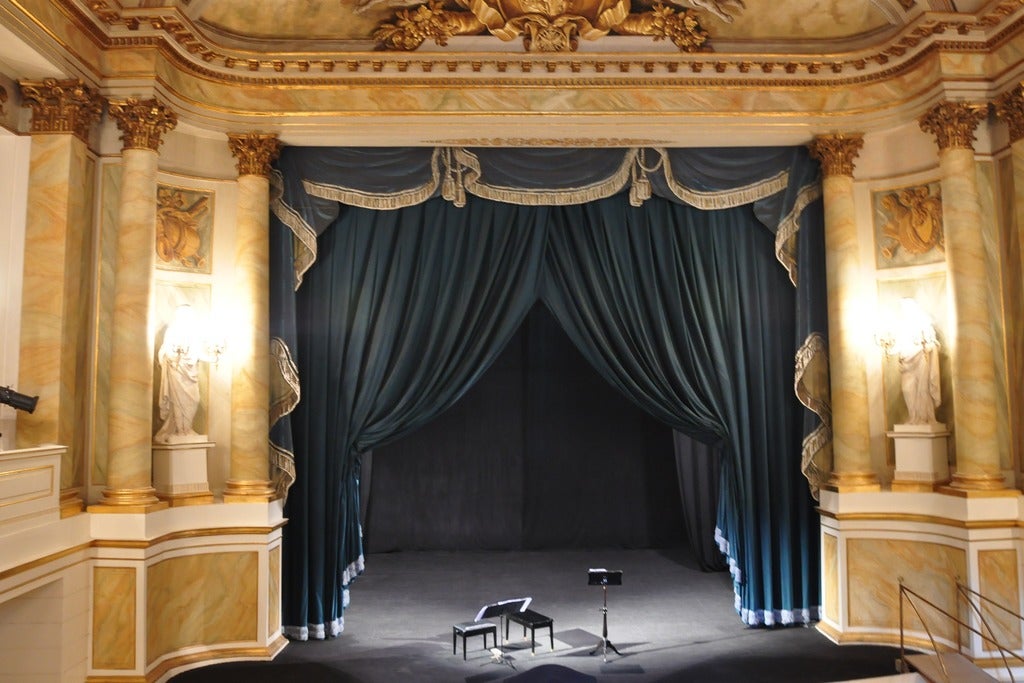
|
Rocky Horror Show, premiere
Oslo Nye Centralteatret (9/4 - 9/4) | |

|
The Sound of Music
Moster Amfi (8/6 - 8/16) | |
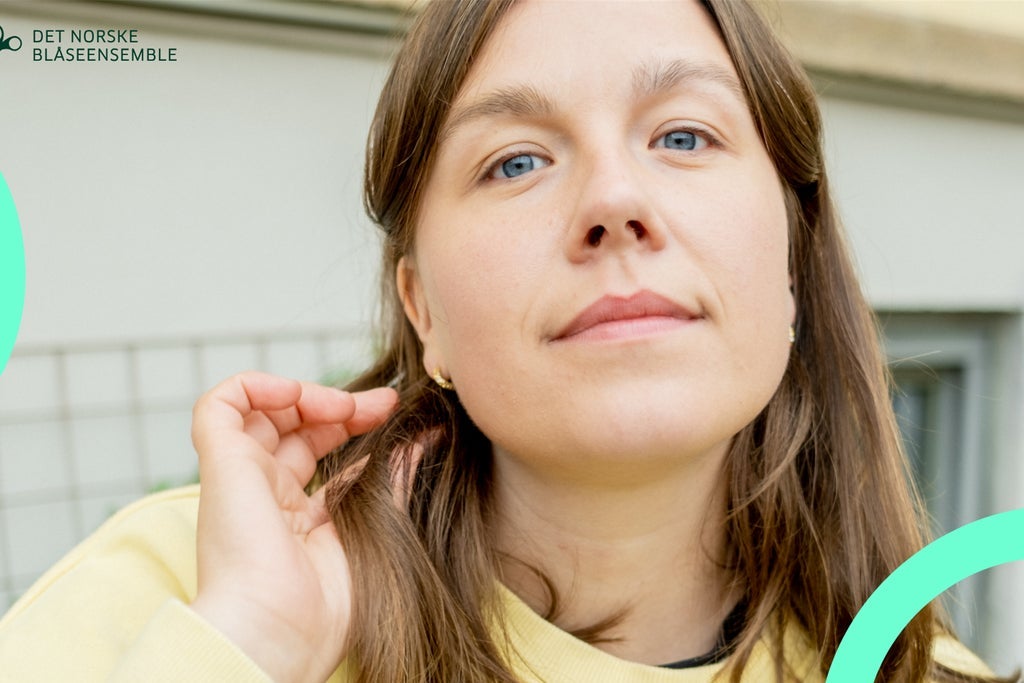
|
DNBE + Marthe Wang
Brygga Kultursal (3/15 - 3/15) | |

|
Detektivbyrå nr.2 Operasjon Edderkopp
Edderkoppen Scene (2/22 - 3/23) | |
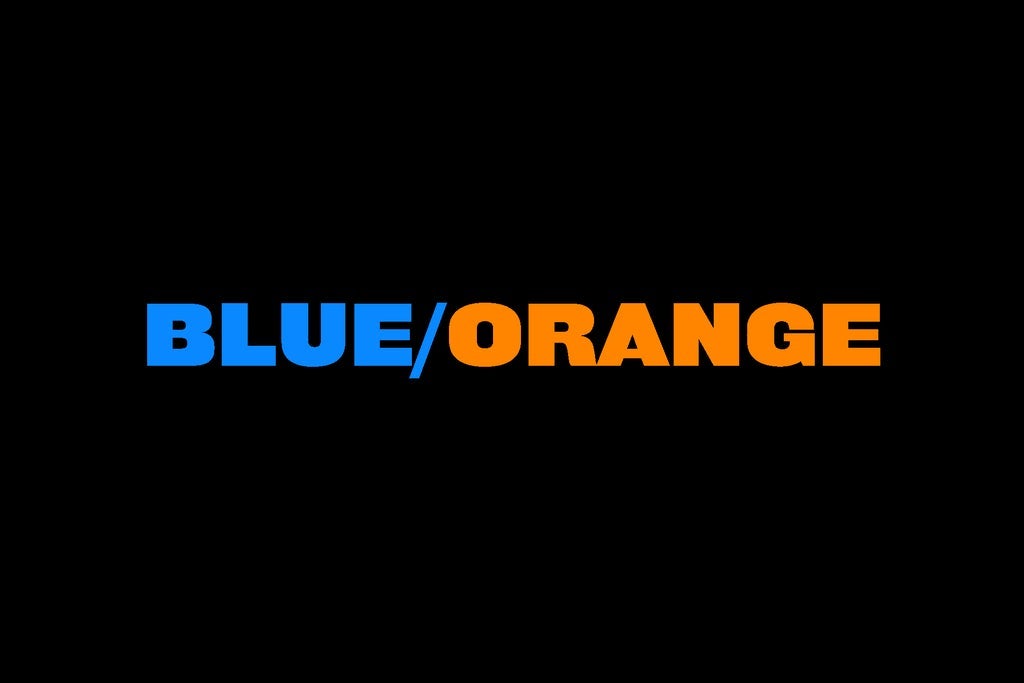
|
Blue/Orange | Premiere
Oslo Nye Centralteatret (4/9 - 4/9) | |
| VIEW SHOWS ADD A SHOW | ||
Recommended For You


